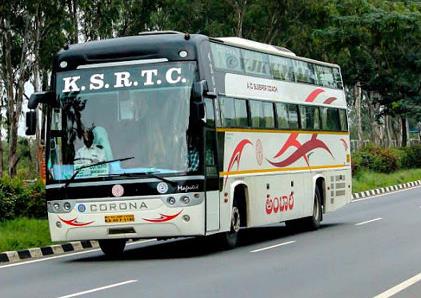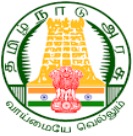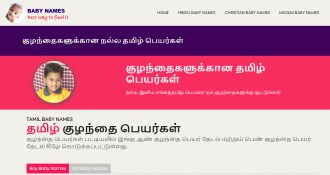

Coimbatore / Kovai Information
- Tirupati information
- Home
- Latest News
- Electricity Board
- Anna University
- New Movies
- Coimbatore Temples
- Coimbatore Property Tax
- Coimbatore Places
- Coimbatore Flights
- Healthcare
- Coimbatore Call Taxi
- Coimbatore-Restaurants
- Coimbatore-Pin-Code
- Corporation News
- Gandhipuram-flyover
- Coimbatore-Train-Timings
- Coimbatore-Bus-Routes
- Baby Names by Birth Star
- Health is Wealth
Health is Wealth
Diabetes,Best Fruits for Diabetes
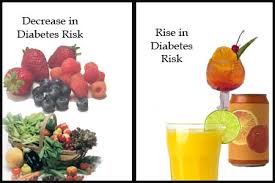
I've heard that you shouldn't eat sweet fruits such as chikoo or mangoes if you have diabetes. Is this true?
Answers from M. Regina Castro, M.D.
It's a common myth that if you have diabetes you shouldn't eat certain foods because they're "too sweet." Some fruits do contain more sugar than others, but that doesn't mean you shouldn't eat them if you have diabetes.
The total amount of carbohydrates in a food affects blood sugar levels more than does the source of carbohydrates or whether the source is a starch or sugar. One serving of fruit should contain 15 grams of carbohydrates. The size of the serving depends on the carbohydrate content of the fruit.
The advantage of eating a low-carbohydrate fruit is that you can consume a larger portion. But whether you eat a low-carb or high-carb fruit, as long as the serving size contains 15 grams of carbohydrates, the effect on your blood sugar is the same.
The following fruit servings contain about 15 grams of carbohydrates:
1/2 medium banana
1/2 cup (83 grams) cubed mango
1 1/4 cup (190 grams) cubed watermelon
1 1/4 cup (180 grams) whole strawberries
1/3 cup (80 grams) cubed sapodilla (chikoo)
3/4 cup (124 grams) cubed pineapple
With
1/2 cup (83 grams) cubed mango
1 1/4 cup (190 grams) cubed watermelon
1 1/4 cup (180 grams) whole strawberries
1/3 cup (80 grams) cubed sapodilla (chikoo)
3/4 cup (124 grams) cubed pineapple
With
M. Regina Castro, M.D.
What is BMI
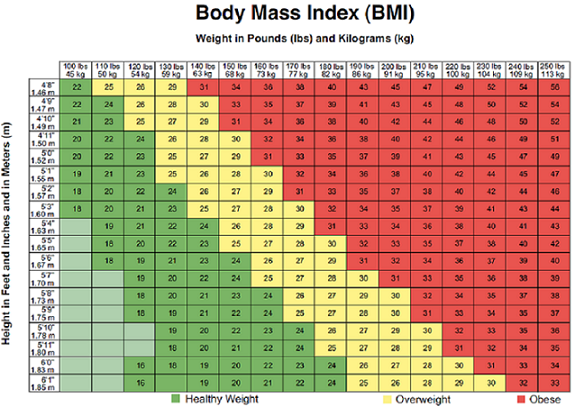
Importance of Body Mass Index (BMI) in weight-loss and disease prevention
Body mass index (or BMI) is defined as the person’s body weight divided by the square of his or her height. Body mass index may be calculated using the formula below (BMI Calculator)
BMI is a crude method to estimate obesity
Body Mass Index (BMI) is one of the ways to determine when extra fat accumulation translates into health risks. Body mass index is a measure which takes into account a person’s weight and height to gauge total body fat in adults. The higher the body mass index, the greater the risk of developing additional health problems. The following chart describes the various categories of obesity based on body mass index:
BMI = 19 - 24 Desirable
BMI = 25 - 30 Overweight
BMI = 31 - 35 Obese, category 1
BMI = 36 - 40 Obese, category 2
BMI > 40 Severe obesity
BMI = 25 - 30 Overweight
BMI = 31 - 35 Obese, category 1
BMI = 36 - 40 Obese, category 2
BMI > 40 Severe obesity
Heart disease, diabetes and high blood pressure are all linked to being overweight and obese.
Latest Info.
/Coimbatore-Bus-Routes
/Coimbatore Property Tax
/Coimbatore Property Tax
/Latest News
/Coimbatore-Bus-Routes
